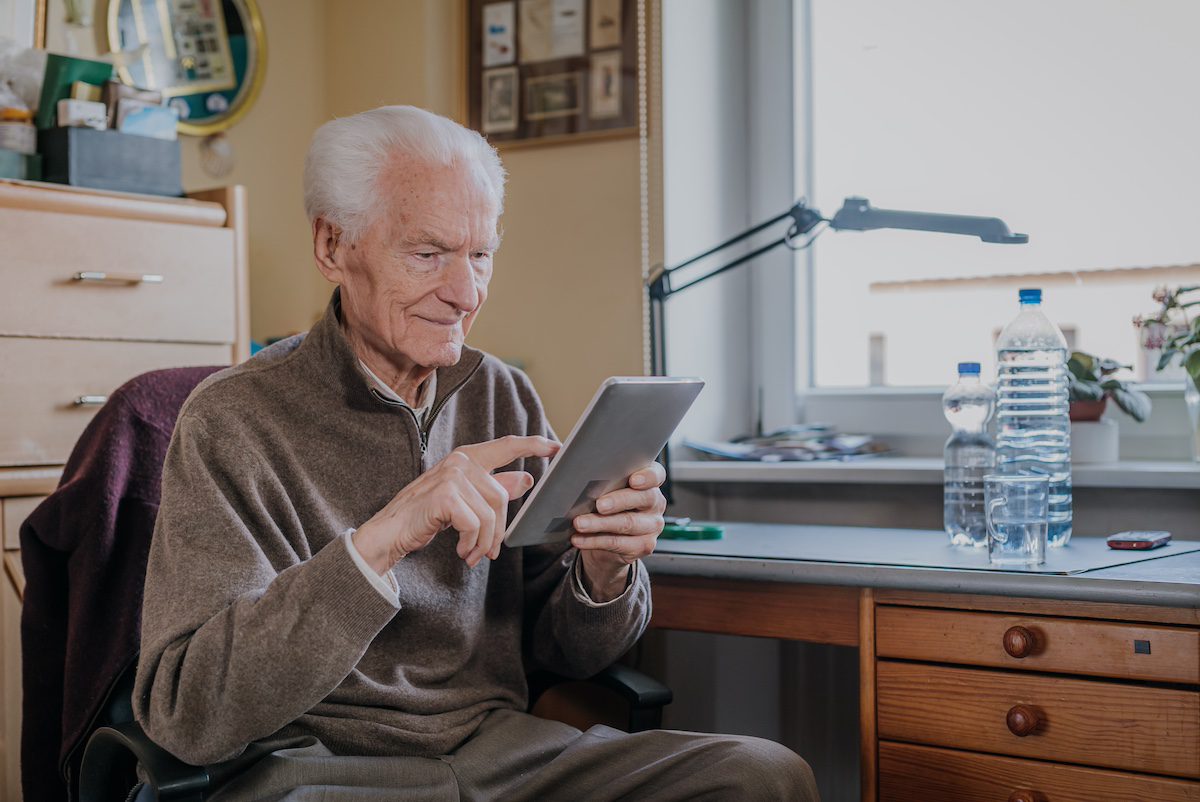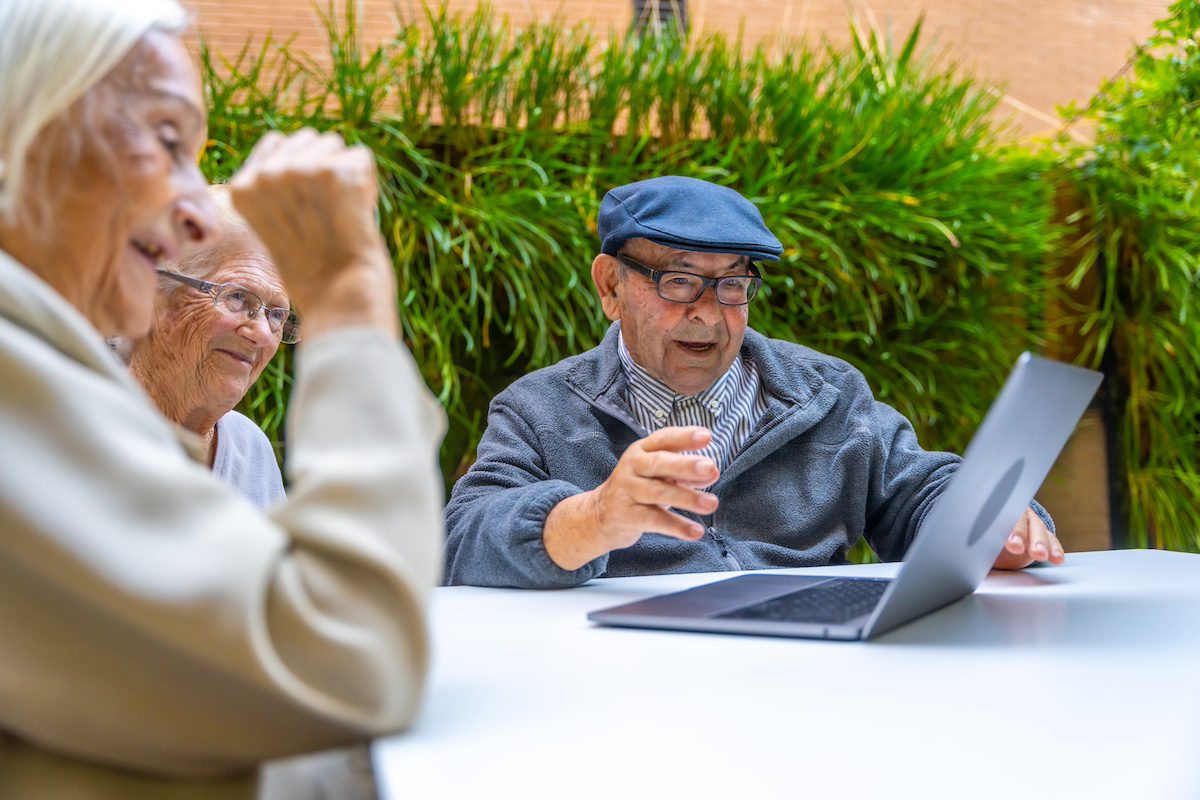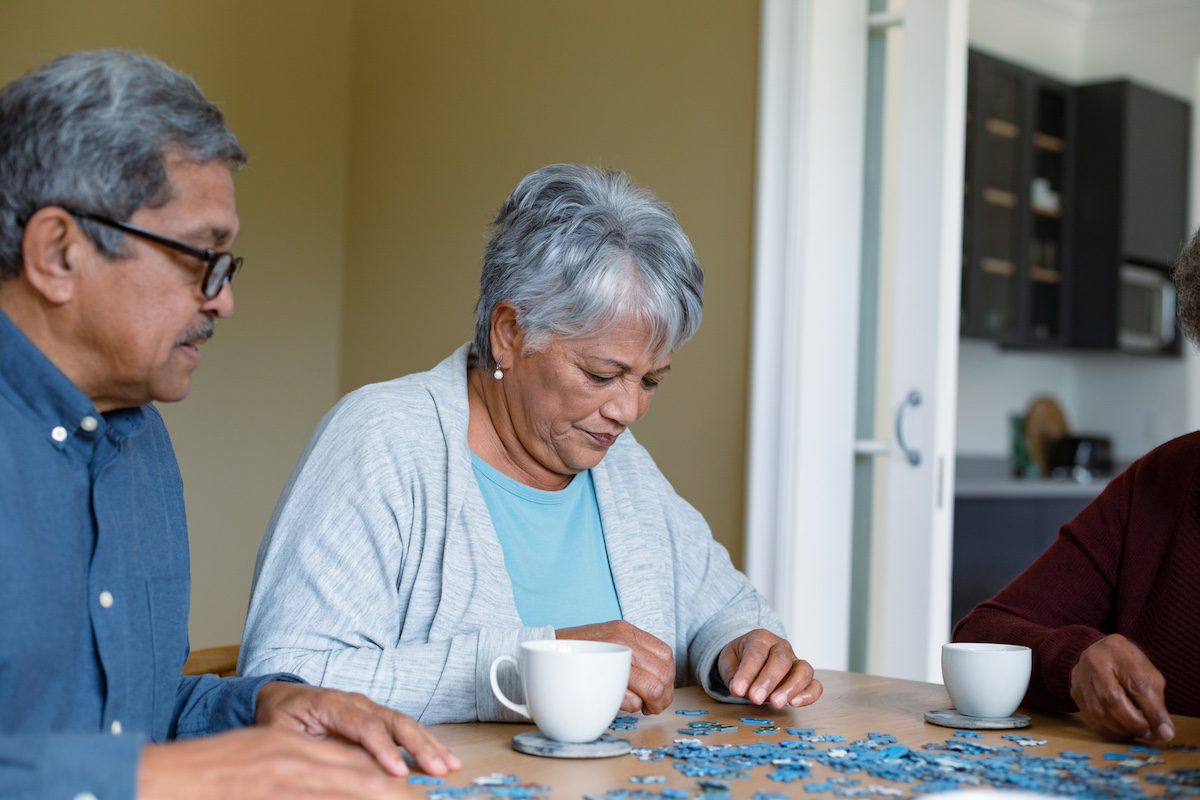Volunteering is more than just giving your time; it’s a powerful way to stay active and engaged in the community, especially as you age. As we grow older, the benefits of actively participating in community activities and contributing to various causes become increasingly apparent.
Physical Benefits of Volunteering
Maintaining Physical Health
One of the key advantages of volunteering for seniors is the positive impact on physical health. Engaging in activities that require movement, such as organizing events or participating in community clean-ups, helps seniors stay physically active.
Additionally, regular physical activity through volunteering can contribute to improved cardiovascular health and flexibility.
Boosting Energy Levels
Volunteering can be an energizing experience. The sense of purpose and the joy of helping others contribute to increased energy levels, promoting overall well-being among seniors.
This renewed energy not only enhances day-to-day activities but also encourages a more active and fulfilling lifestyle for seniors.
Mental Health Benefits
Reducing Feelings of Isolation
Seniors often face challenges related to isolation. Volunteering provides an opportunity to connect with others, reducing feelings of loneliness and fostering a sense of belonging.
Participating in social activities and forming meaningful connections during volunteer work can significantly contribute to alleviating the negative effects of isolation on mental well-being.
Enhancing Cognitive Function
Keeping the mind active is crucial for mental health. Volunteering offers mental stimulation, whether through organizing activities, solving problems, or learning new skills, thus enhancing cognitive function.
Engaging in tasks that require mental effort not only keeps the brain sharp but also helps seniors maintain cognitive abilities and resilience as they age.
Emotional Well-being
Creating a Sense of Purpose
One of the significant benefits of volunteering for seniors is the creation of a sense of purpose. Knowing that one’s contributions make a difference in the community can be emotionally fulfilling.
This sense of purpose not only adds meaning to daily life but also instills a profound sense of accomplishment and fulfillment, enhancing emotional well-being.
Fostering a Positive Outlook on Life
Engaging in volunteer work often leads to a more positive perspective on life. The act of giving back generates feelings of gratitude and satisfaction, contributing to emotional well-being.
Seniors who actively participate in volunteer activities tend to develop a more optimistic outlook, as they witness the positive impact of their contributions, reinforcing a sense of joy and fulfillment in their lives.
Social Connections
Building New Friendships
Volunteering provides ample opportunities to meet new people who share similar interests and values. Building new friendships can combat social isolation and enrich the lives of seniors.
Connecting with like-minded individuals during volunteer activities not only expands social circles but also creates a supportive network that enhances the overall social well-being of seniors.
Strengthening Existing Relationships
For those already engaged in their communities, volunteering together can strengthen existing relationships. Couples, friends, or family members can bond over shared experiences while making a positive impact.
Collaborating on volunteer projects not only deepens the connection between individuals but also fosters a sense of unity, creating lasting memories that strengthen the foundation of existing relationships.
Contribution to Society
Making a Positive Impact on the Community
Seniors play a crucial role in community development. Volunteering allows them to contribute to the greater good, making a positive impact on the lives of others.
The collective efforts of senior volunteers not only enhance the well-being of individuals but also contribute to the overall prosperity and harmony of the community they serve.
Leaving a Legacy
Through volunteer work, seniors can create a lasting legacy. The positive changes they bring about in the community can be remembered and appreciated for years to come.
By leaving a legacy of kindness, compassion, and community betterment, seniors inspire future generations to continue the tradition of making a positive impact and leaving a lasting mark on the world.
Increased Lifespan
Studies have shown a correlation between volunteering and increased lifespan among seniors. The social, physical, and emotional benefits of community engagement contribute to a healthier and longer life.
Engaging in volunteer activities not only enhances the quality of life but also plays a pivotal role in promoting longevity by fostering a holistic approach to well-being.
Overcoming Barriers to Volunteering
Seniors may have concerns about volunteering, such as physical limitations or time constraints. Addressing these concerns helps create a supportive environment for their participation.
Additionally, communities can establish flexible volunteer schedules and provide accessible opportunities, accommodating seniors with various needs and schedules, and fostering inclusivity.
Providing Solutions to Obstacles
Offering solutions to common obstacles, such as transportation issues or health concerns, ensures that seniors can overcome barriers and actively contribute to their communities.
Community organizations can implement transportation services or virtual volunteering options, making it easier for seniors to participate despite potential obstacles.
By proactively addressing these challenges, communities empower seniors to engage in meaningful volunteer work, promoting a sense of belonging and involvement.
Tips for Seniors to Stay Active in the Community
Setting Realistic Goals
Encouraging seniors to set realistic goals ensures that their volunteering experience is enjoyable and sustainable. This approach prevents burnout and fosters a long-term commitment to community engagement.
By establishing achievable milestones, seniors can experience a sense of accomplishment, maintaining motivation and enthusiasm throughout their volunteer journey.
Balancing Volunteer Commitments with Personal Time
Maintaining a healthy balance between volunteer commitments and personal time is essential. Seniors should prioritize self-care to continue contributing to their communities effectively.
Finding a harmonious balance allows seniors to enjoy the benefits of community engagement without compromising their well-being, promoting both personal fulfillment and sustained involvement.
Final Thoughts
In conclusion, the benefits of volunteering and staying active in the community as you age are multifaceted. From physical and mental health advantages to the joy of making a positive impact, seniors have much to gain by actively participating in community initiatives.
Embracing community engagement not only enhances the overall well-being of seniors but also enriches their lives with a sense of purpose, social connections, and the satisfaction of leaving a lasting legacy – a testament to the enduring impact of active involvement in one’s community.


